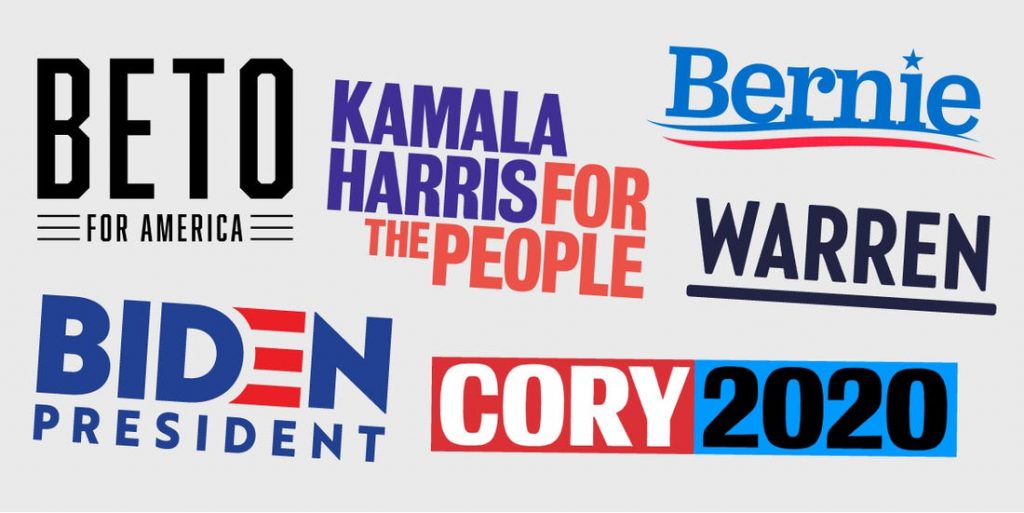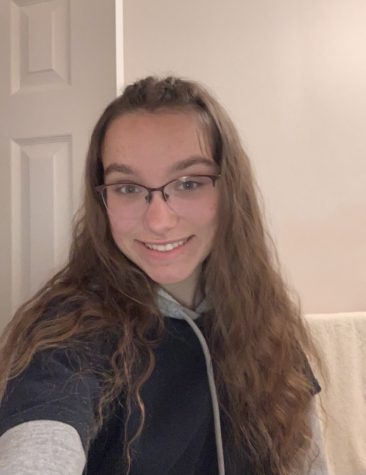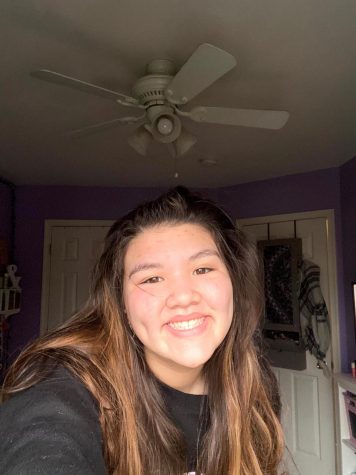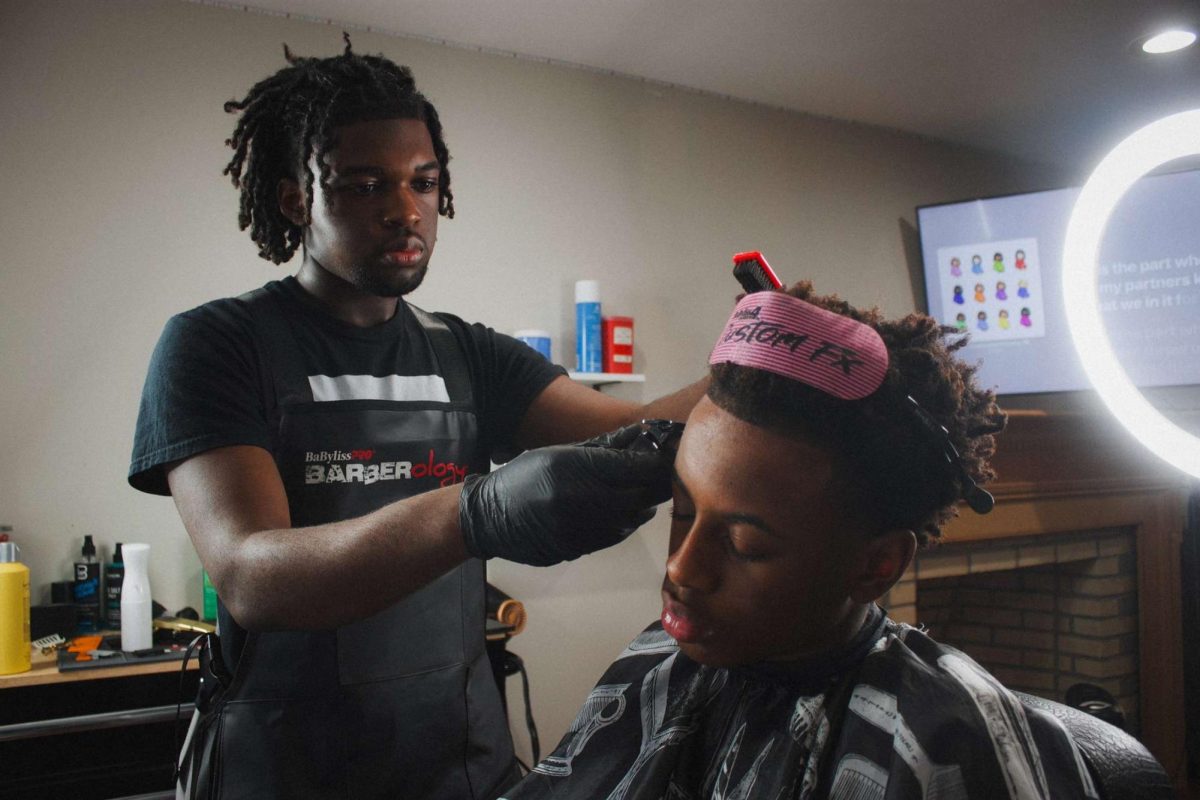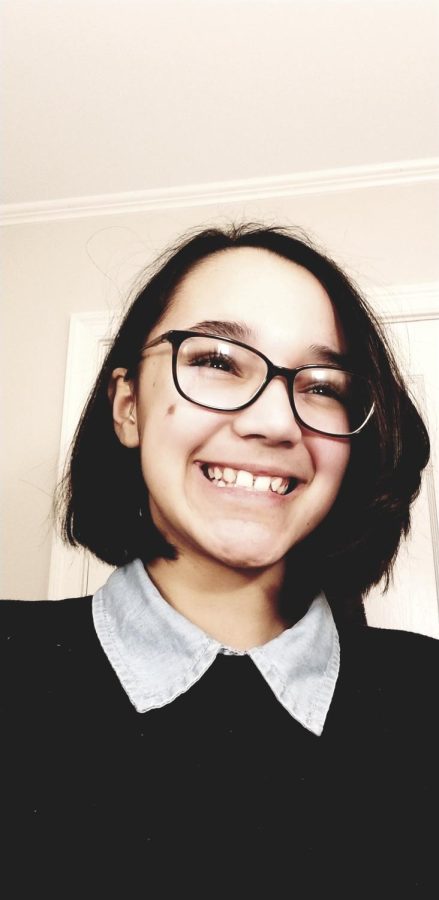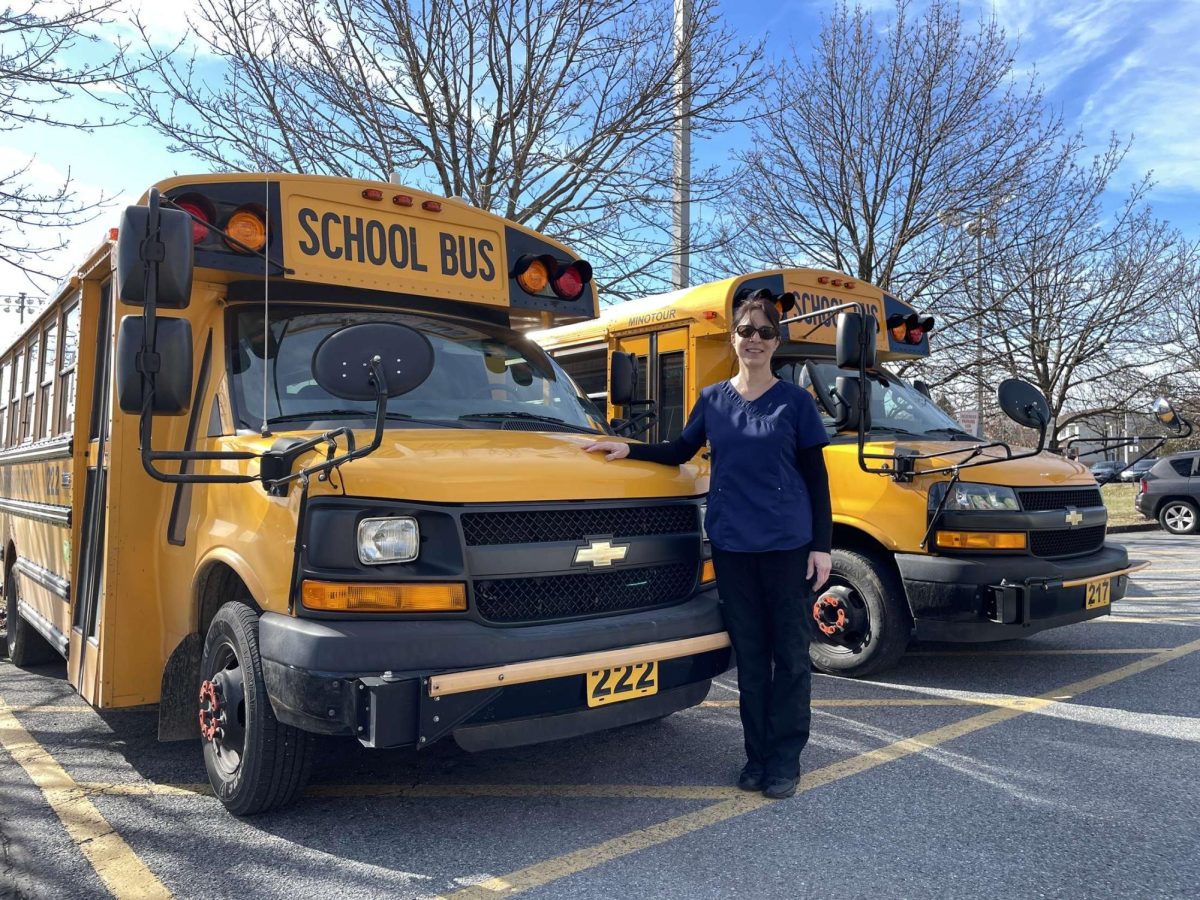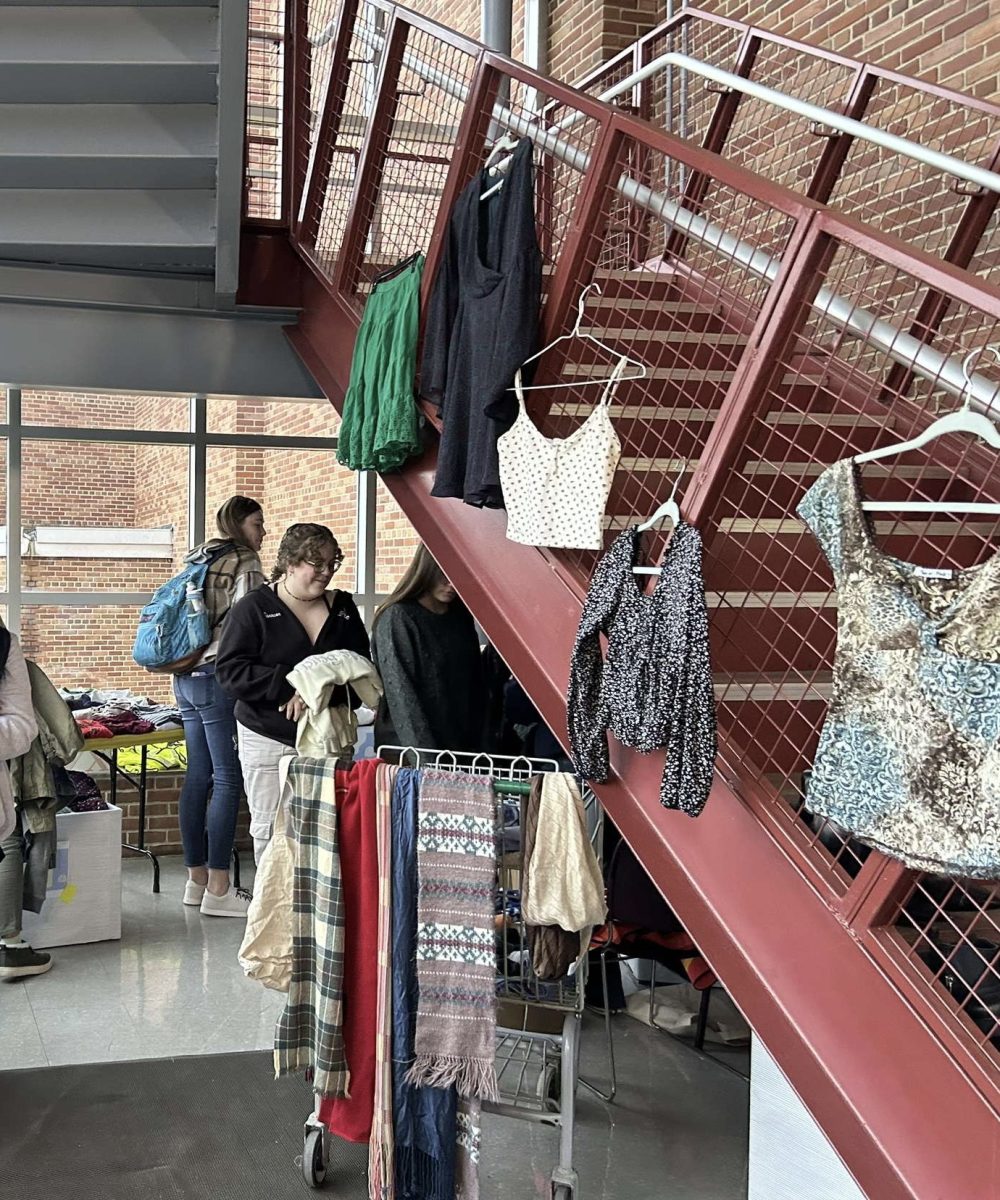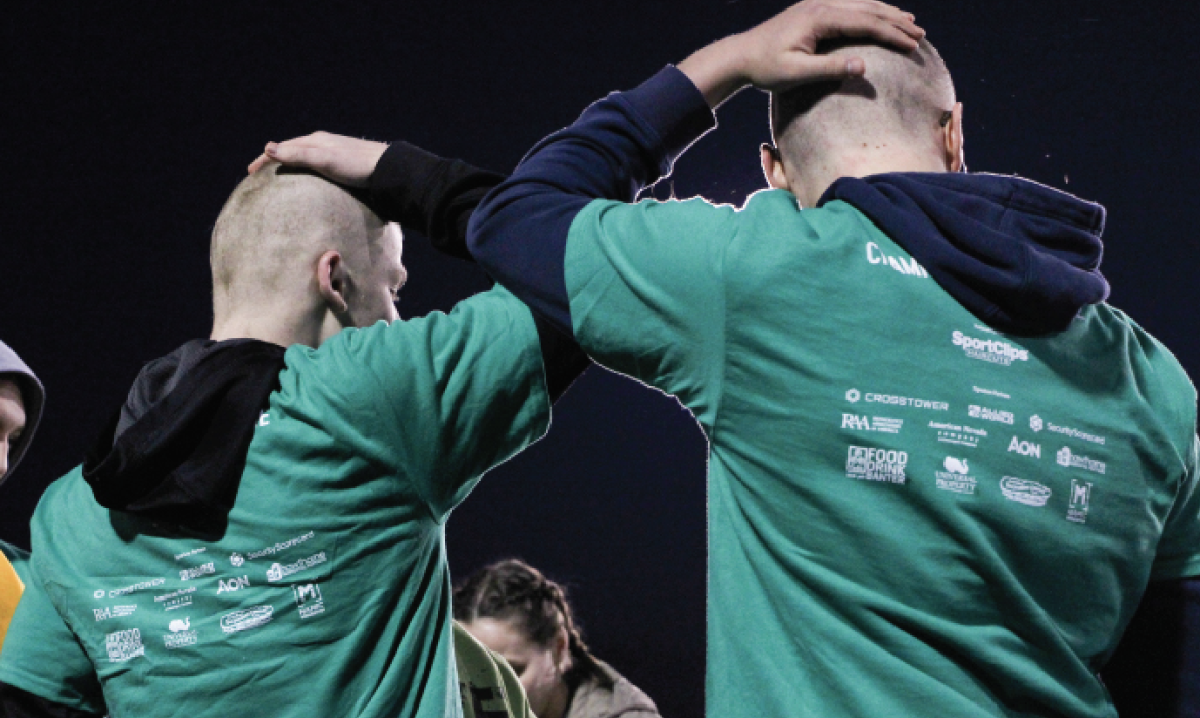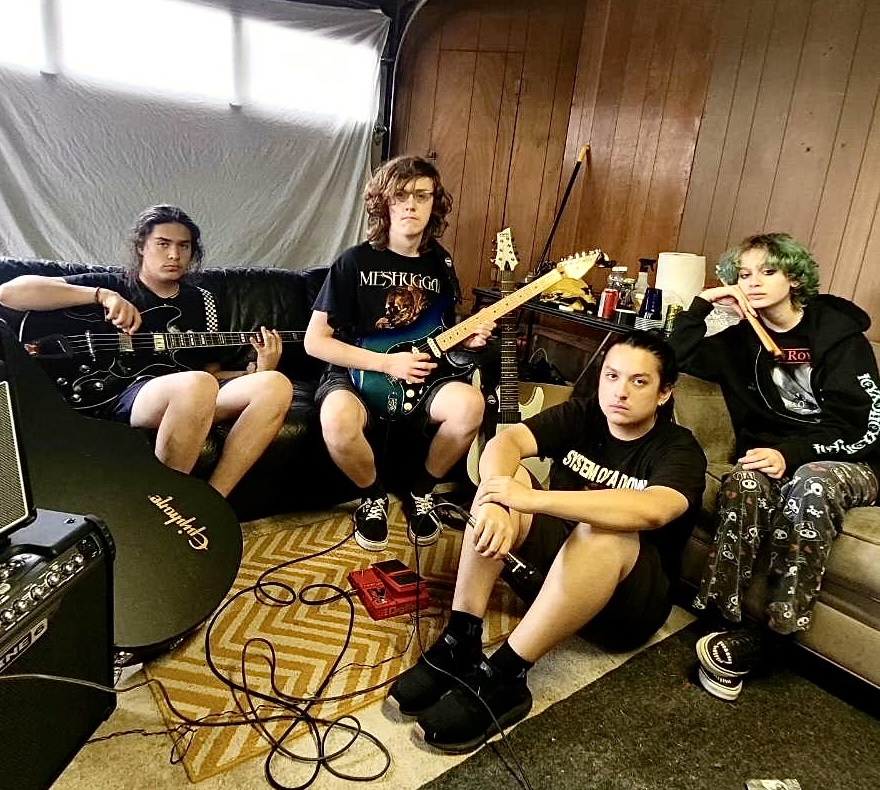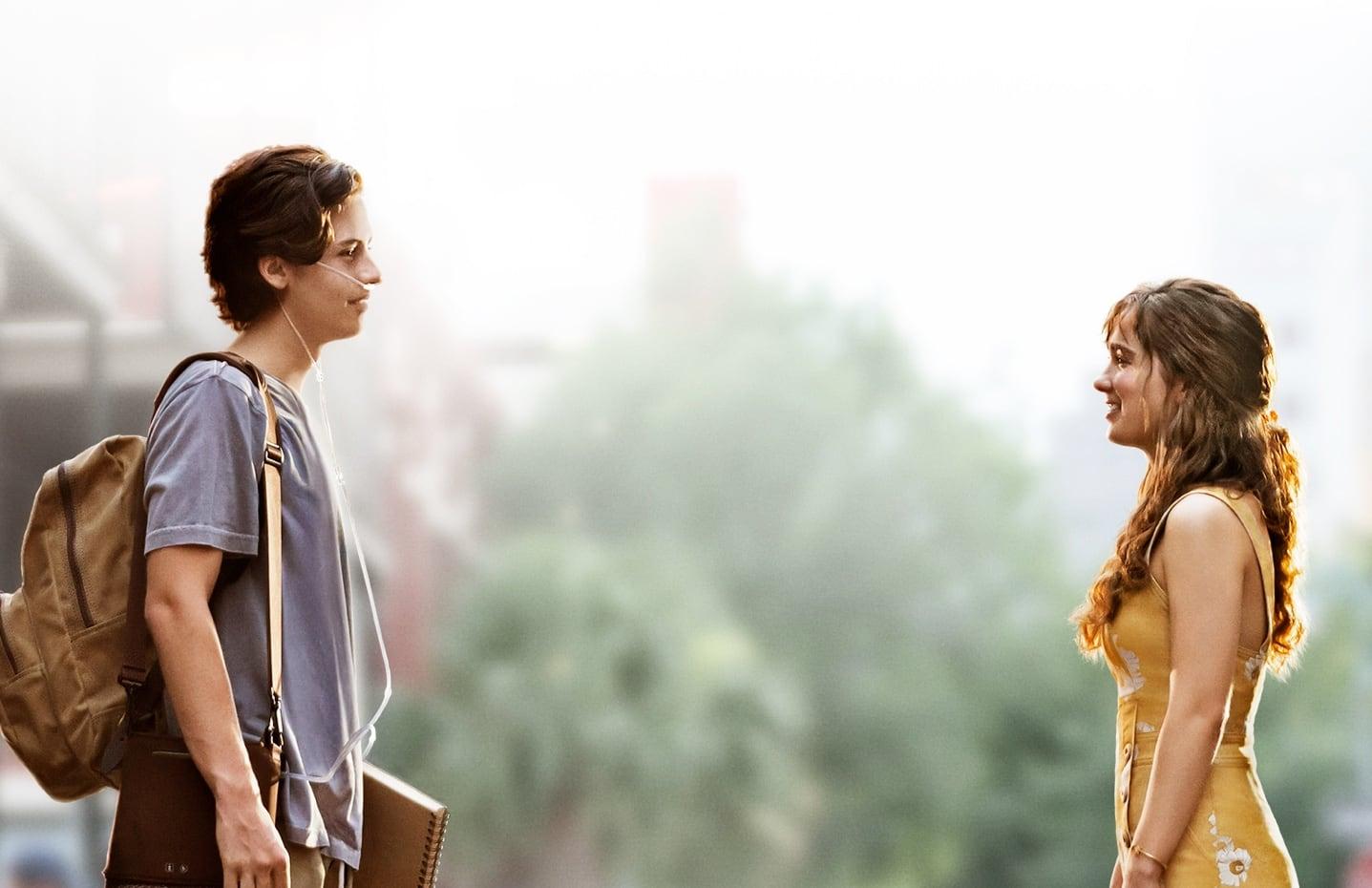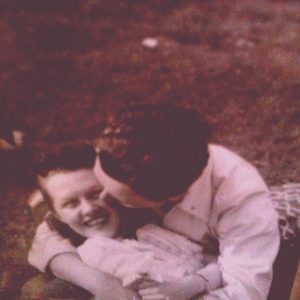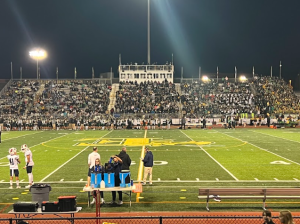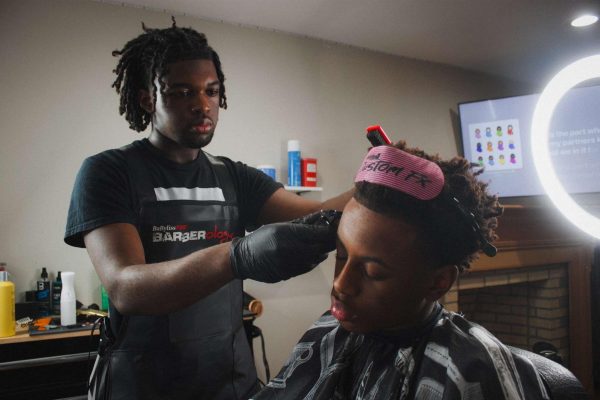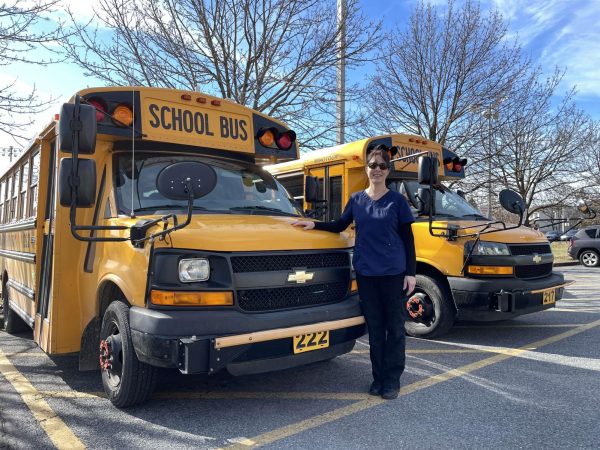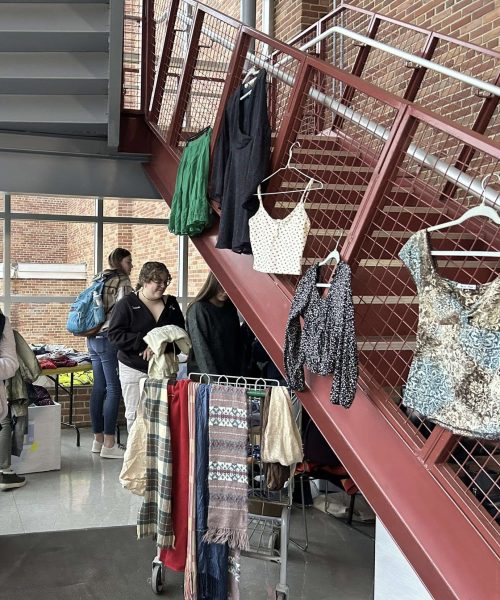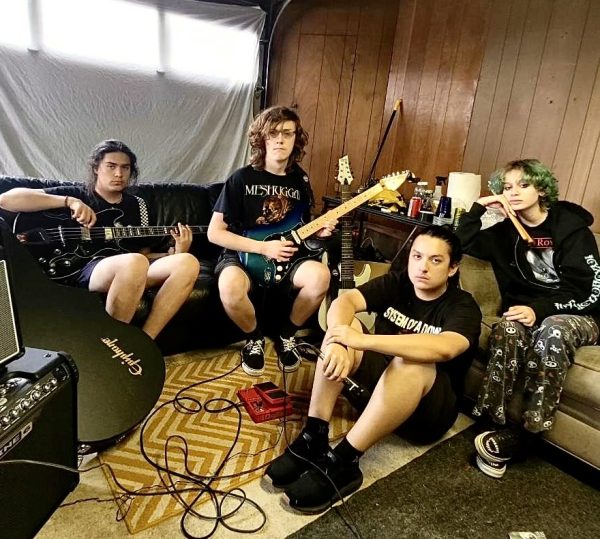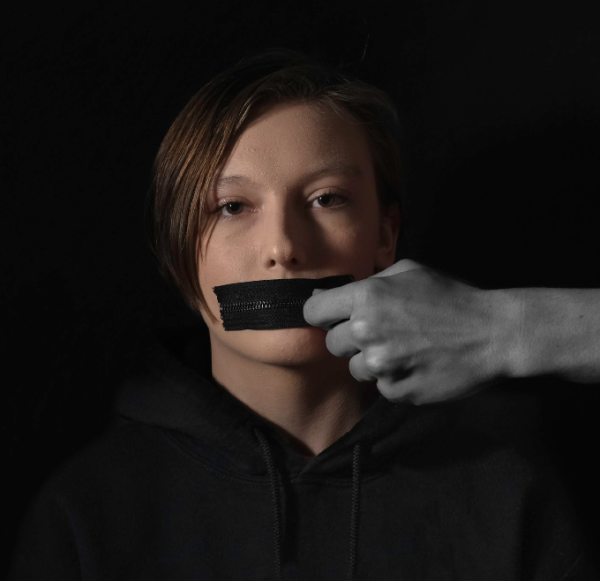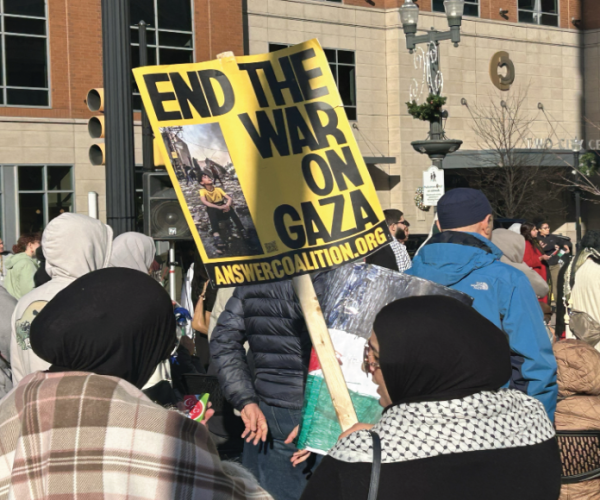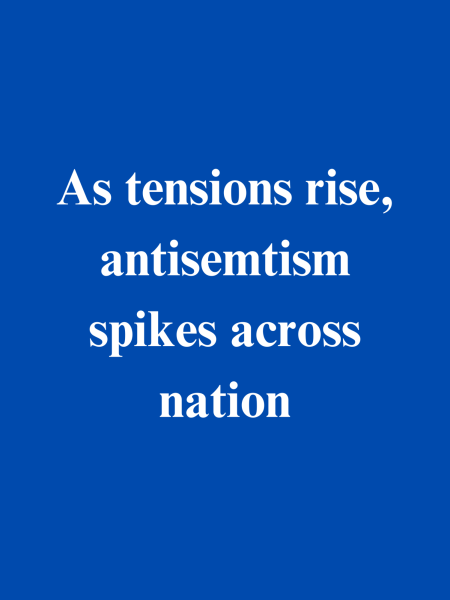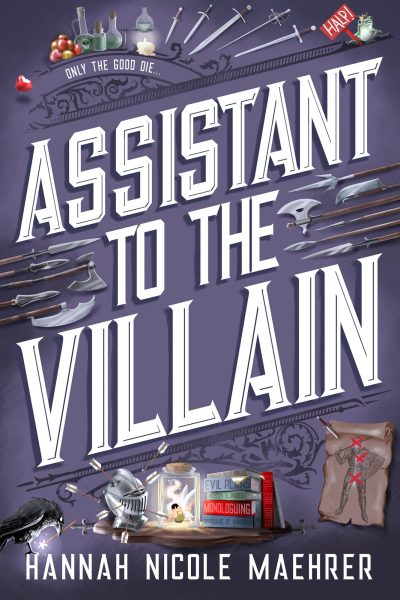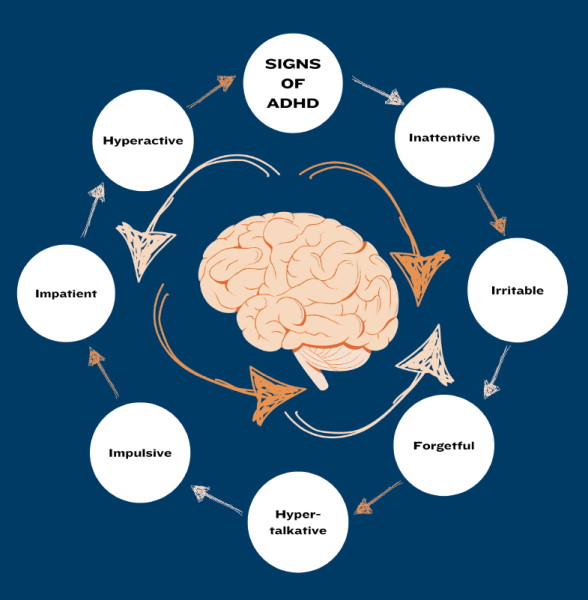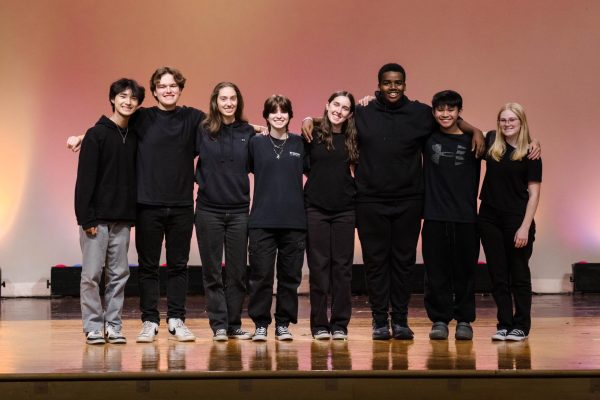To vote or not to vote: EHS students weigh in on political divide, civic duty in 2020 election
November 2, 2020
The 2016 presidential election made history — it marked the first woman nominated for a major party ticket, the first candidate not to hold government office, and the first election Olivia Pinocci-Wrightsman paid attention to.
Pinocci-Wrightsman, now a junior at Emmaus High School, was then in seventh grade, just old enough to comprehend political discussions. All around her, life seemed to be governed by one principle: politics.
“It’s not just about how much money you pay in taxes every year, it’s people’s rights on the line,” Pinocci-Wrightsman said. “It’s a huge part of my life, because there’s no way that I can ignore it.”
She was then living in Las Vegas, Nev., a swing-state-gone-blue in 2016, and was a beginner to the political scene. Ever since tuning into that polarizing election, she would never let go of politics. It was simple — it affected her personal life. She had two dads, and she “grew up watching them fight for their rights.”
Pinocci-Wrightsman began volunteering with the Nevada Democrats during the 2018 midterm elections as a freshman, and after moving to Emmaus, has started working for a political campaign during this election cycle and became vice president of EHS’ Young Democrats Club. She even met Pete Buttigieg at a Human Rights Campaign in Vegas, where she also prepared a short speech.
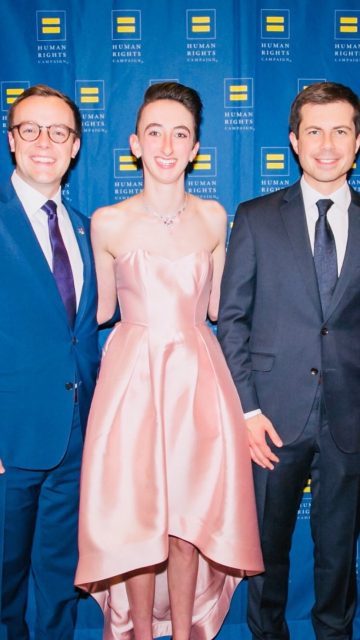
“The conversations with people who aren’t sure how they’re going to vote is probably the most important part of all my political involvement,” Pinocci-Wrightsman said. “It gives you the opportunity to have a real conversation with people and how these national issues affect their daily lives.”
Although she cannot vote in this election, Haley Kraemer, president of Young Democrats Club, believes in the importance of being involved in politics, regardless of who you are.
“Just [do] not be afraid or nervous to get into it because honestly, our generation specifically is more respectful than some of the older generations when it comes to politics,” Kraemer said. “No matter what your views are, being involved in politics is always a good thing. It’s good to be involved in your country and current events. So just hop right in, and make yourself at home.”
Standing across the political aisle, senior Nick Blose also agrees with the importance of educating yourself about the candidates and their platforms, before forming your own opinion.
“I have always been strong about doing the research and educating yourself. I will never, you know, get into a debate or argument with someone in a field that I’m not familiar with or educated on,” Blose said. “I know a lot of kids our age just listen to what their parents say, but voice your own opinion, because mom and dad are not going to be around forever.”
Supporting the second-amendment, stricter immigration laws, and the concept of capitalism, Blose sides with the Republican party. He, however, wants to move away from the division that has made itself clear in current day American politics, which has worked its way into daily life for many, dividing friends and family due to their political affiliations.
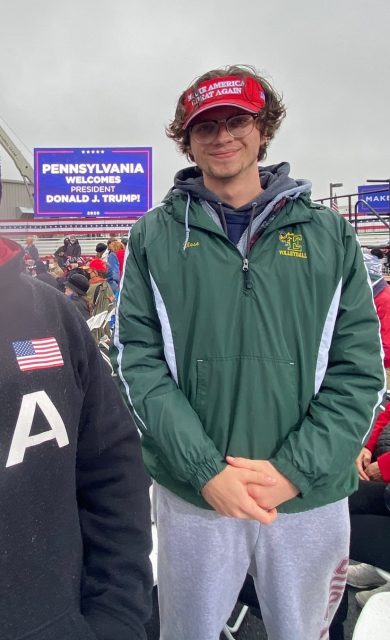
“I feel like someone’s political values and their beliefs shouldn’t define them,” Blose said. “Say someone’s a Trump supporter or Biden supporter, it doesn’t mean you can’t be friends with them, it doesn’t mean they’re any less or more of a human than you are… I feel we need to come together, and we need to realize that even though we’re voting for different beliefs, we’re still voting for one country.”
Amanda Blagbrough, president of Young Republicans Club, has veered away from some of her family’s liberal views. Although she believes misinformation has plagued the democratic process in the last four years, Blagbrough hopes one-sided media outlets will play less of a role in future elections.
“That can impact both parties, which is why it’s even more important now than ever to talk to each other,” she said. “I don’t like that things have become so tense.”
Both Democrats and Republicans alike can agree on the vast changes that the arrival of coronavirus has made to the election process and the candidates’ campaign trails this year. As the question of a peaceful transition of power and the security of mail-in ballots arises, the election process is cut out to be very different from past years.
Sophomore Madeleine Hess, another member of the Young Democrats Club, recognizes the challenges that this change in voting will pose.
“I think something really important is to not jump to conclusions… If the winner is not announced the next day, [Donald Trump], is going to play this as the election not working, a broken system, it’s fake, and that’s what’s going to cause the non-peaceful transition of power,” Hess said. “I’m honestly worried that it’s not going to be quick enough because we already know it’s not going to be quick… but I’m worried that if it spreads into weeks or months, our country is going to be a complete disaster.”
Over 9 million Pennsylvania residents are registered to vote for the 2020 election, a number that has never been reached before in the state, according to the Associated Press. Of the 9 million registered voters, almost 2.4 million voters are between the ages of 18 and 21.
This year will be the first opportunity that senior Rowan Milne has to vote, and she does not take the responsibility to vote lightly.
“I like to think that I’m voting for the people that can’t vote yet,” Milne said. “I try to think of it in the way that I’m voting for everyone using my stance to be able to represent everyone else.”
Voting is only the first step many Americans take to participate in the political world. For Pinocci-Wrightsman, along with her impressive resume of campaign involvement, hopes to cast her first vote not just as a civic duty, but as a step to bettering her future — a future that may be different from her peers, but one that will fulfill her view of America.
“You don’t have to be as involved as me, but in our country, we’re so lucky to have the right to vote, the right to express our opinions, the right to get involved, and I feel like that’s been taken for granted. My advice wouldn’t be on how to vote,” Pinocci-Wrightsman said. “It would be to vote.”
Cover art courtesy of the Business Insider.

